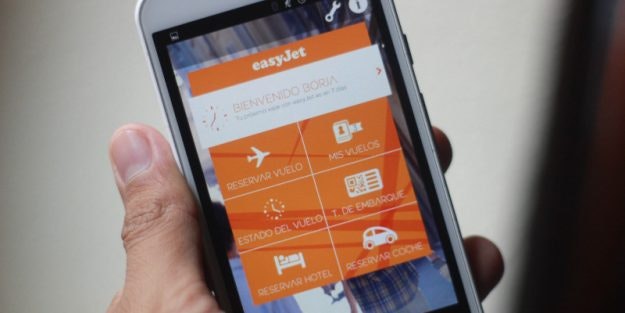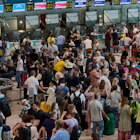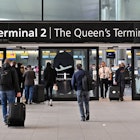Budget airline easyJet will resume operations on 15 June, and its new biosecurity measures include a requirement for passengers and crew to wear masks. There will also initially be no food service onboard flights, all of which operate on a short-haul network.

Ten of the airline's 21 European airports are in the UK, and it will be operating mainly domestic flights from London, Bristol, Birmingham, Liverpool, Newcastle, Edinburgh, Glasgow, Inverness, Belfast and Isle of Man. Intra-EU barriers are due to be removed mid-June, and the airline is planning to operate routes where there is sufficient customer demand to make it profitable.

The airports it will operate from outside the UK are based in seven French cities - Paris, Nice, Toulouse, Bordeaux, Nantes, Lyon and Lille. It will also serve routes from Geneva in Switzerland, Lisbon and Porto in Portugal, and Barcelona in Spain. New safety measures include enhanced aircraft disinfection for aircraft, and the wearing of masks for passengers, cabin and ground crew.

“I am really pleased that we will be returning to some flying in the middle of June," says Johan Lundgren, CEO of easyJet. "These are small and carefully-planned steps that we are taking to resume operations. We will continue to closely monitor the situation across Europe so that when more restrictions are lifted, the schedule will continue to build over time to match demand while also ensuring we are operating efficiently and on routes that our customers want to fly."
For further information, see easyJet's website here.
Lockdowns are easing globally as the planet adjusts to a new normal. Find out how COVID-19 is changing travel.











